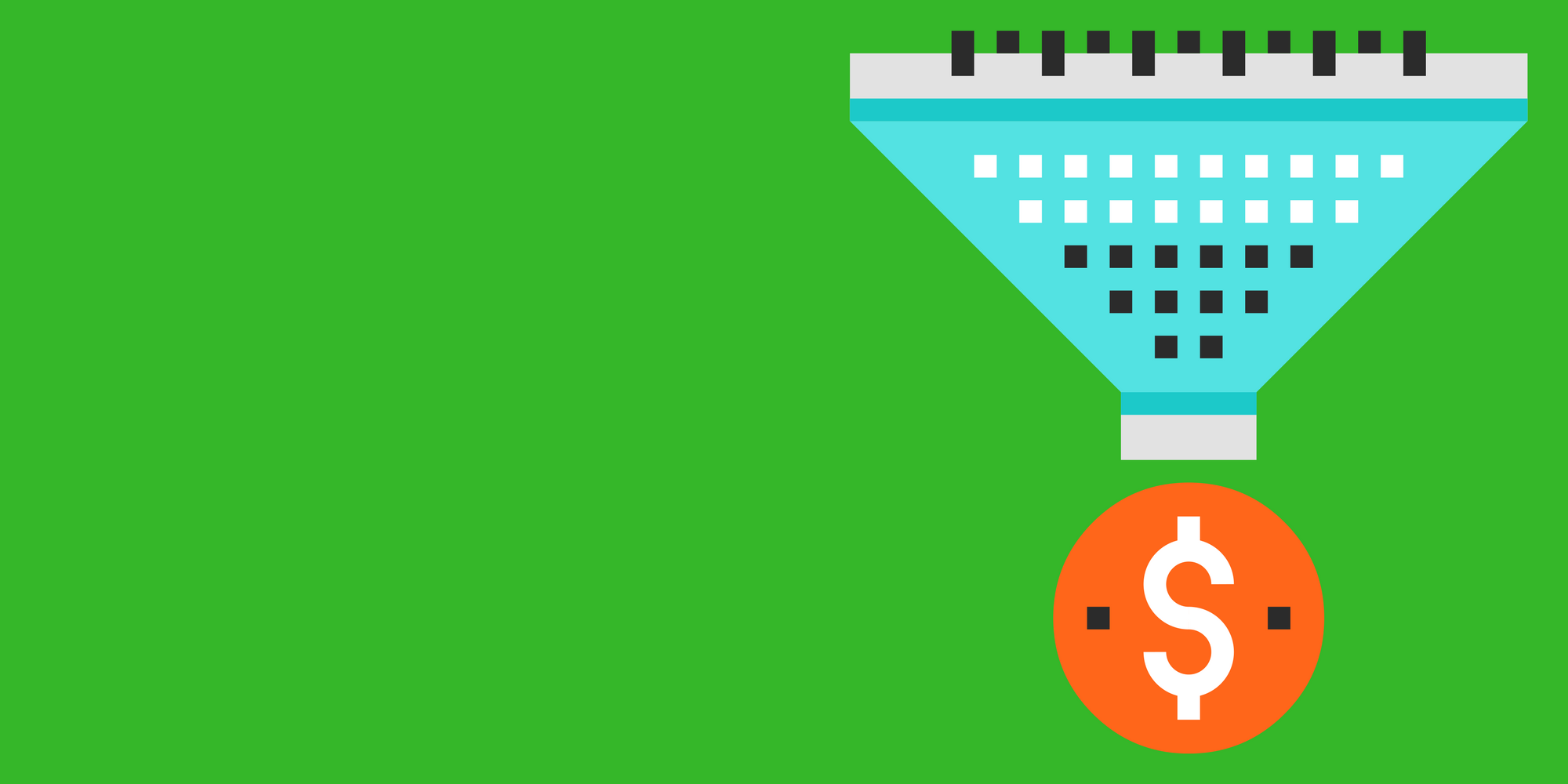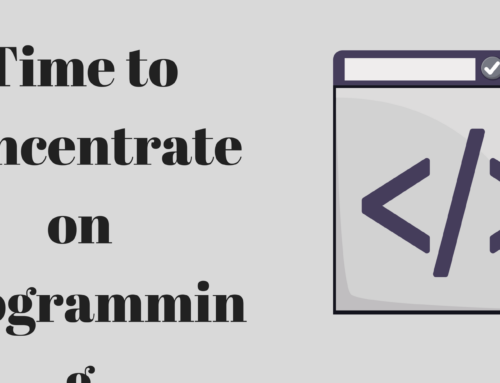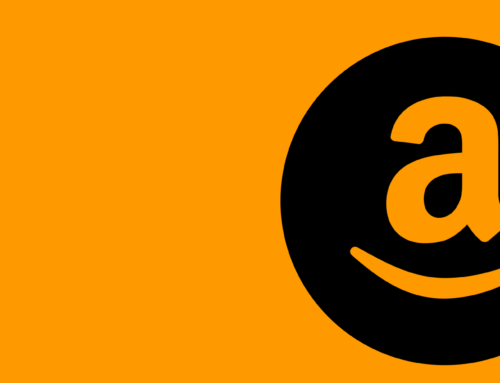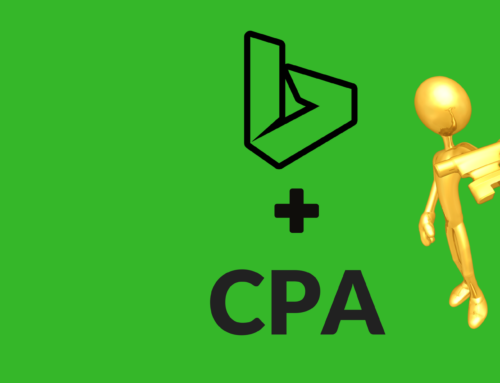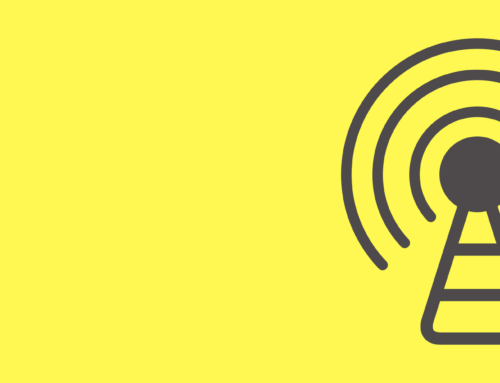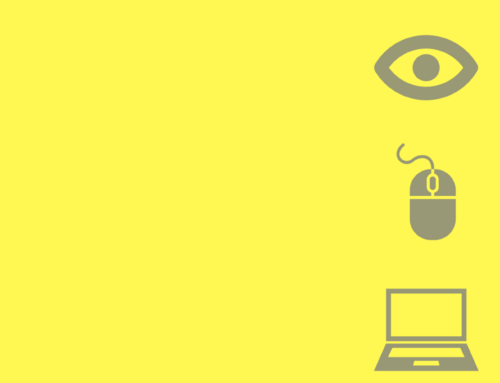I’ve been debating with myself, trying to come up with an answer to a question I thought of. That question is… Is upselling of products ethical? I believe the answer, in short, is that it depends. What separates an ethical upsell from non-ethical upsell? Something that I’ve learned and is part of my mission is to be 100% transparent and honest in what you do. Unfortunately, upselling, in many cases, is anything but transparent.
What is Upselling?
First of all, what is upselling? According to Wikipedia, it is “a sales technique where a seller induces the customer to purchase more expensive items, upgrades or other add-ons in an attempt to make a more profitable sale.” (source).
What prompted me to think about this was the purchase of a couple popular digital products I’ve purchased recently. When I purchased these items the amount of up-selling, down-selling, and cross-selling that happened after each purchase was out of control, in my opinion.
Ethical Vs Non-Ethical Upselling Scenarios
To better elaborate my view of ethical upselling vs non-ethical upselling I have two scenarios of up selling for you.
Scenario one
You’re in a fast food restaurant. You order a hamburger. The employee behind the counter asks you, “Woud you like to make that a meal?” You answer “Yes.” You purchase your meal and enjoy it.
Scenario two
You order a piece of software online that allows you to create animated videos for $30. Great deal!
After ordering the product you’re forwarded to another page where the company is trying to upsell you on an item that gives you extra assets to help you make videos. The cost of that upsell is $47. You decide, “well the product is really great but this would be a great addition to have. I’ll purchase it.” So you purchase it.
Then you’re brought to another page where your upsold on another product. This one is a template club that allows you to receive brand new assets every month for $19/month. You’re hesitant but you decide to buy it because you “need it.”
After purchasing that you’re brought to some other product that you are sold for $97 and you decide to purchase it.
You had no idea idea about those three other products that you ended up purchasing. You purchased a product for $30 and actually ended up spending $193!
I’ve actually seen sales funnels on JVzoo like this that go four levels deep or higher. Many of these sales funnels sell some of the most popular products in that market place.
So What’s the Differences?
Now back to the two examples. What are the differences between example one and example two from an up selling point-of-view?
- In example one you are being upsold before you make the initial purchase. Whereas, in example two you are being upsold after you make your initial purchase.
- In example one, you are fully aware, even before the upsell offer that you can upgrade your hamburger into a meal deal. Whereas, In example two you are not made aware of the other offerings.
- In example one you’re upsold only one time. Whereas, In example two you’re upsold three times.
I hope it’s becoming apparent that example two is the unethical scenario. Legal? Yes. Ethical? No. Unfortunately, it seems to me to be a common practice. This annoys me.
What Should The Golden Rule of Upselling Be?
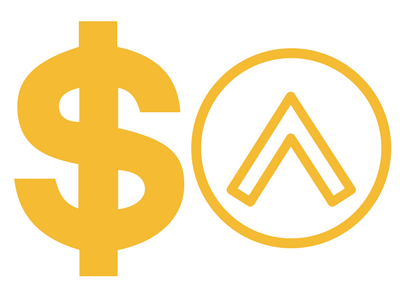 I think the question we need to ask ourselves is this. What should be the ethical rule for upselling? Personally, I believe the answer is somewhat simple.
I think the question we need to ask ourselves is this. What should be the ethical rule for upselling? Personally, I believe the answer is somewhat simple.
- Offer the upsell before the initial purchase is made as long as it’s not part of a bait and switch scheme.
- Be honest and transparent about the initial product.
- Don’t hide any information. Put it all out there.
Advice For Avoiding Unforeseen Extravagant Sales Funnels
Now, sellers on JVZoo (which is a huge marketplace for purchasing software and other digital assets) are some of the biggest culprits, in my opinion, of extravagant upselling accomplished unethically. That said, there are some great products on JVZoo. The problem, as I mentioned, is that so many of the products come with an upsell and/or cross sell; one after another.
So to save you from getting stuck in a funnel where you’re not sure what you’re going to be upsold to you next I’m going to give you some advice. Before making a purchase try to find the partner page for that product. It will be somewhere probably towards the bottom of the page. It will say something like “affiliates”, “Partners,” “JVs,” or something similar. Find their page. You can even log into JVZoo, find the product and on the product page it should show you their JV affiliate page where they will actually show you their funnel.
So as an affiliate, knowing how the company’s funnel works is key information you want to know. But as a consumer it’s also very good to know so that you know what you’re getting into before you purchase the product.
Would I Use Upselling As Part of My Sales Strategy?
At the end of the day, would I use upsells? As long as it sticks to my rule of offering the upsell before the initial purchase then, yes, I suppose I would. I prefer to be upfront with selling. Put it all out there. Be honest and transparent. I would prefer to package my products into deals if possible. For example, you can buy product A for $50. Product B for $50 or you can purchase both of them together for $75.
Upsells are tricky. Most of the time, I find it to be unethical. I decided to reach out to the Disqus community asking them about upselling ethics in this thread. The thread received some good comments. I want to know your thoughts. What should he golden rule be for upselling?
